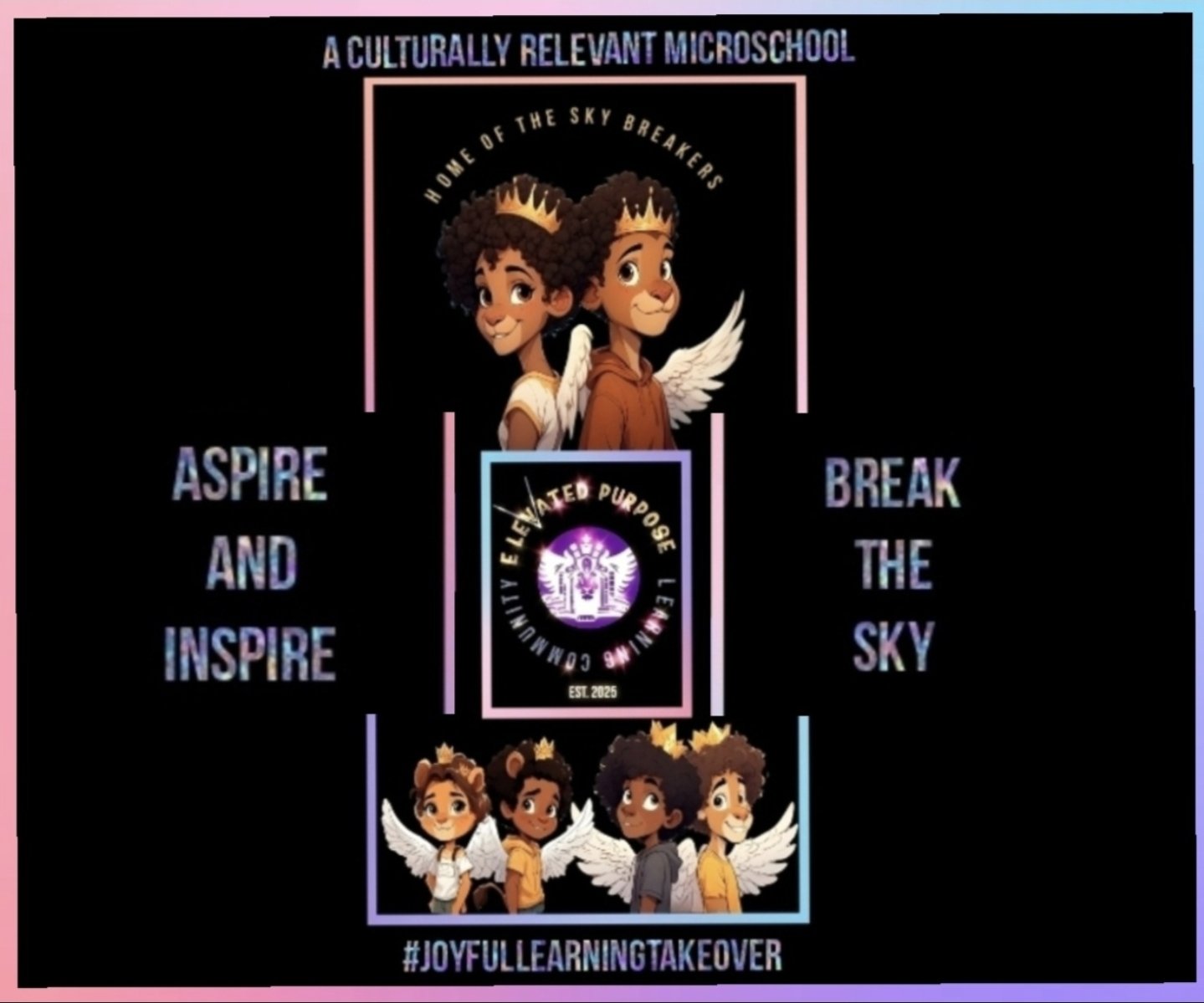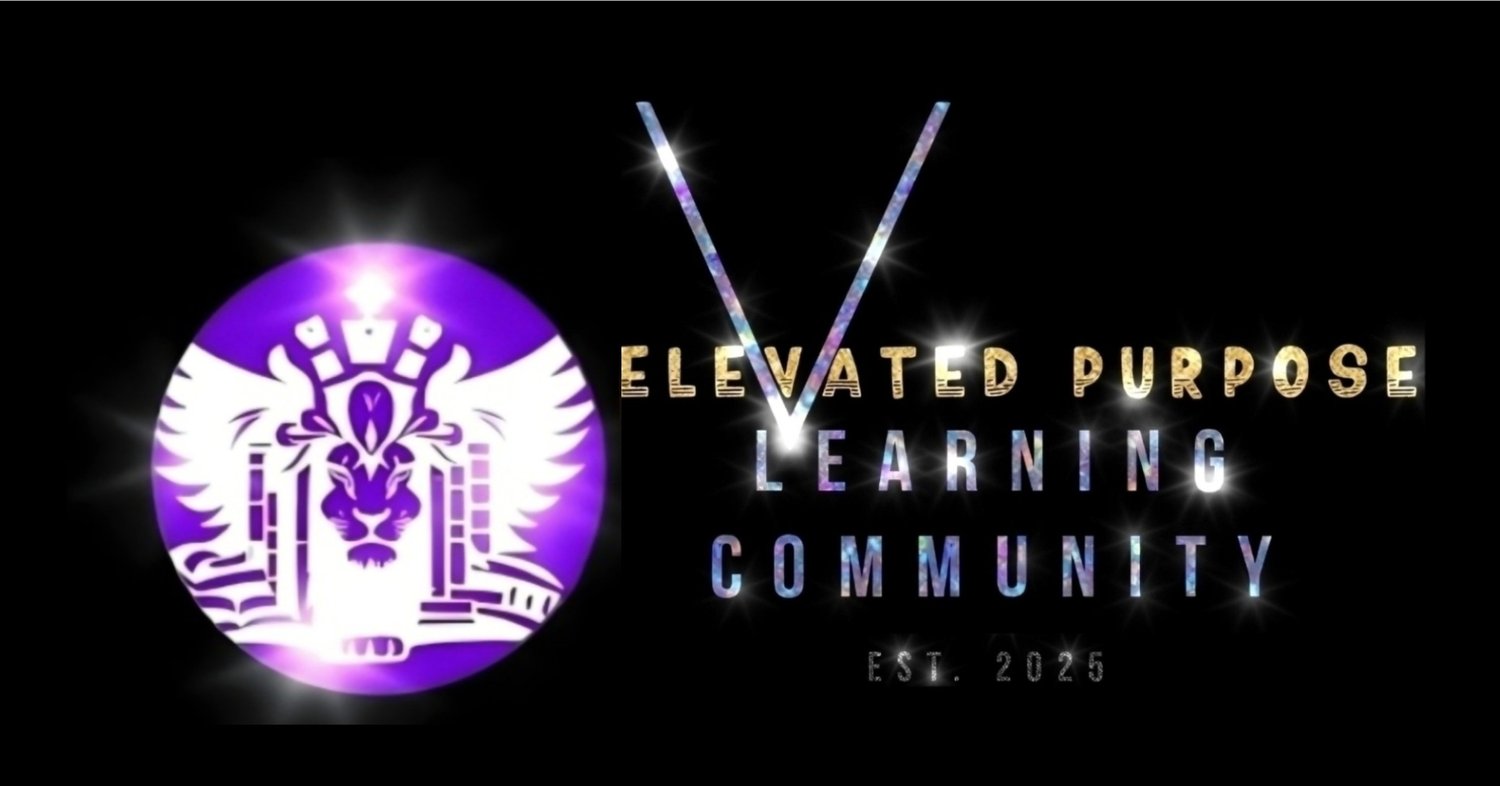
Academics
Learning at a pace that’s right for you
Culturally Relevant Curriculum
A culturally relevant curriculum is one that recognizes, respects, and reflects the diverse cultural backgrounds, experiences, and identities of students. It connects what students learn in school to their real lives, communities, and histories, helping them see themselves and others in the content.
---
Key Features of a Culturally Relevant Curriculum:
1. Representation
Includes voices, stories, and achievements from diverse cultures, races, languages, and communities.
Example: Reading books by authors of different backgrounds or learning about global contributions to science and math.
2. Cultural Validation
Affirms students’ identities by treating their culture as an asset, not a deficit.
Example: Using students’ home languages or cultural experiences as a basis for lessons or class discussions.
3. Connection to Real Life
Ties academic content to students’ lived experiences, helping them see how learning is relevant to their world.
Example: Solving math problems based on neighborhood businesses or discussing social justice issues in history class.
4. Critical Thinking and Empowerment
Encourages students to analyze inequality, bias, and power structures—and to see themselves as agents of change.
Example: A unit where students research and present on civil rights movements in different countries.
5. High Expectations for All Students
Belief that all students can succeed academically, while also honoring their cultural identities.
Example: Challenging curriculum that incorporates culturally meaningful content rather than “watering down” material.
6. Family and Community Engagement
Welcomes input from families and reflects community knowledge and values in the classroom.
Example: Inviting parents or local leaders to share stories, music, or traditions that enrich the curriculum.
---
Why It Matters:
Increases student engagement and motivation.
Builds self-esteem and a strong sense of identity.
Promotes inclusivity, empathy, and social awareness.
Cultural relevance helps students develop both academic skills and a deeper understanding of the world.

